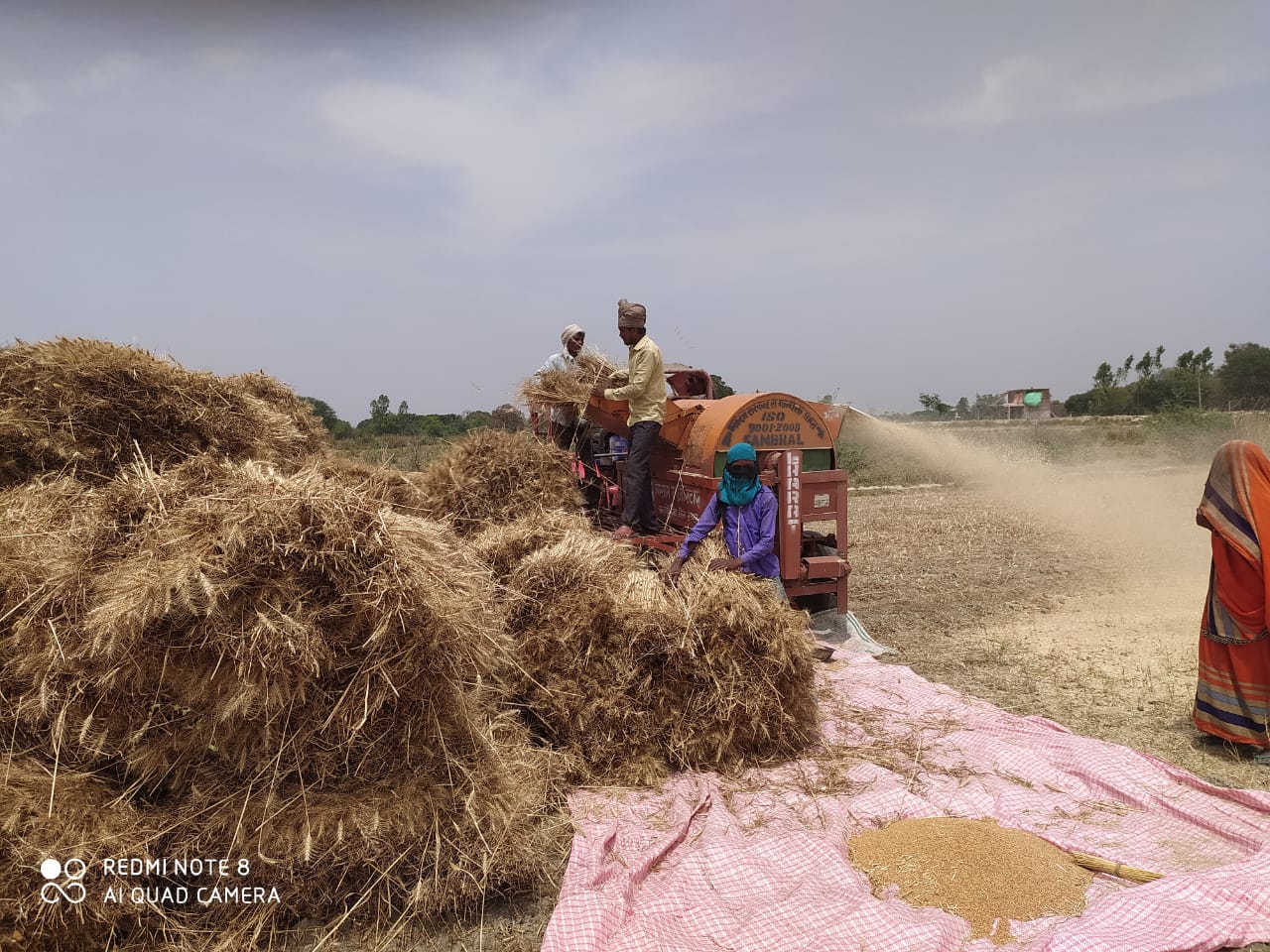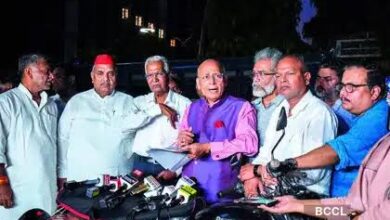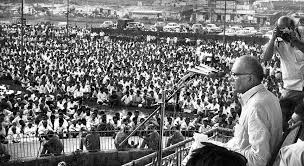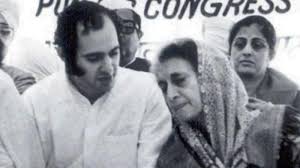Corona : Challenges Greater Than World War
life will not be the same as before
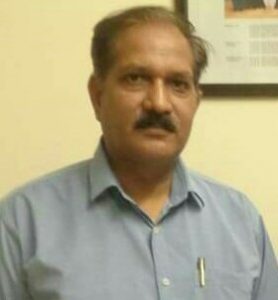 Mohd. Naushad Khan , Journalist , Delhi
Mohd. Naushad Khan , Journalist , Delhi
One virus, Covid-19 has changed the world. It has changed the thought process, attitude of the policy makers, behavior of the people and the response mechanism of the governments in developing, developed and also the countries that are considered as the most advanced countries.
In a globalised village and Universal market with greater social and cultural bonding, the social distancing in the aftermath of the Covid-19 pandemic has set a new norm. All countries no matter how rich or poor has adopted it as important measures in wake of Corona Virus threat.
The experience and the lessons what the countries will have post Covid-19 pandemic will be even more vital and important than what the world had learnt after the worlds wars. The world war had taught us about military preparation but Covid-19 pandemic will surely teach us about healthcare preparedness and medical emergencies. The world will have to make policies and strategies keeping in mind the challenges in the wake up of Covid-19 spread in both rural and urban areas which is equally true for a country like India.
In India the migrant exodus has further aggravated the challenges but the response mechanism to deal with this reverse migration seems to be inadequate and narrates our planning and approach towards implementation of lockdown. Lock-down and social distancing no doubt can be said to be vital measures to control the spread of the virus but our approach should have been more pragmatic keeping in mind our rural and urban healthcare infrastructure and the way of life there. Even after the spread of virus is finally stopped the healthcare, economic and social challenges will be there for long and our response should be accordingly.
Can we imagine only 17 percent people in the world wash their hands after using bathroom. This pandemic will surely change our social behavior. At this stage the countries of the world can learn from the response of administration in Taiwan which is very close to China and India from the model adopted by Rajendra Bhatt, the district magistrate of Bhilwara in Rajasthan.
On the response of India post Covid-19 pandemic, Dr M Wasim Ghori, Fellow, Royal Society of Public Health, London & Executive Director – Medical & Health Information Management Association (MaHIMA), said, “Covid-19 presents an opportunity to bolster India’s health system, sustain investment in technology and reorient budgeting priorities towards what is truly essential — our health. As our medical workforce fights this invisible enemy, India owes them a robust health system that can facilitate all their efforts.”
“While the health care system attempts to ramp up for what seems like a long battle ahead, Covid-19 Pandemic is a wake-up call and a chance to invest in health care systems like never before. Despite instituting one of the earliest architectures of rural primary care, the Indian public health system is struggling to comprehend the challenges that Covid-19 has brought with it. The response to Covid-19 provides an opportunity for meaningful health reform. India needs to make low-cost, patient-centered medical and health innovations. A four-pronged approach may help,” he said.
Ghori also suggested some measures like: First, we need to invest in human resources for health, now and in the future. Even as India strives to meet WHO norms for health workforce density, it needs to also look at enhancing quality through up skilling especially in rural India. Through emergency response training, competencies such as testing, referral, quarantining and using medical equipment can be developed. The fight against Covid-19 cannot be won without the active involvement of the private sector and other health care providers who can play an important role in identifying potential cases and ensuring early quarantines.
Second, with citizens under lockdown and their mobility restricted, the role of community health center and district hospitals will be key. District hospitals need appropriately trained staff and medical equipment to ensure that cases are managed effectively at the facility and mortality is minimized. Effective use of telemedicine can deal with complicated cases, especially in inaccessible areas. We should be careful to not concentrate services in some cities alone.
Third, the government must make all efforts to encourage low-cost innovations in medical technology to meet the needs of essential equipment, both to respond to the pandemic now and to develop the capacity for the next flu season. Identifying and easing the regulatory frameworks for developing new medical products can help enable rapid responses. Regulating the prices of essential drugs, low-cost mass production of masks and protective gear, will ease the burden. In the medium-to-long-term, India needs to further strengthen its biomedical research capabilities and invest in cutting-edge “Made in India” health technologies and make it easier for health technology start-ups to function with tax cuts.
Finally, a task force to understand the impact of Covid-19 on the health system and households is required. The pandemic presents an opportunity to expand the coverage of the PMJAY, including considering a universalized health insurance model. Social distancing may lead to new challenges of anxiety and mental health all round. We require state-level task forces that represent not just administrators and doctors but that engage wider civil society to address some of these long-term effects.
Mr. Anjan Bose, Former Founding Secretary General of NATHEALTH, Former President of Philips Healthcare & Consumer Lifestyle, Former Chairman of CII’s Medical Equipment Division and FICCI’s Medical Equipment Forum & (National) Healthcare Services Committee, currently Advisor/Mentor to eminent organizations –
“Two of the most often used words post Corona crisis is “new normal”. The world has rightly accepted that life will not be the same as before. The world of healthcare is going to witness not merely changes, not only transformations but disruptive metamorphosis,” said Bose.
Bose added, “Digital technology will become an indispensable enabler with cutting edge innovations in Artificial Intelligence, Machine Learning, Augmented Reality driving healthcare solutions in the times ahead! Also, with all the learnings from the devastating crisis we are going through, I foresee focus in Healthcare migrating from a “disease cure” approach to “preventive & wellness” approach with personal hygiene, clean water, yoga and other effective health enhancing practices gaining more attention of society.”
“Charles Darwin gave us the evolution theory of “The Survival of the Fittest”. Post corona new normal will probably be “Survival of the Adopter” adopting to the disruptive changes around us! From “Brick & Mortar” to “Click & Screen” in both rural and urban healthcare!”, he said.
“Recent CoVID19 pandemic has taught us big lessons to many healthcare providers in this country. Some of the top lessons are: For Urban India: developing infrastructure like hospital facility planning, planning for isolation, creating positive and negative isolation facilities and earmark space to reach different requirements from time to time. The other very significant lesson is how do you manage the challenging environment and reach out to patients with technology. Remote Patient Monitoring Consultation Delivery of various services through robotics and tracking of Patient Surveillance, staff movement for better tracing wherever it is needed, and the excellent communication network is very essential to manage the healthcare facilities more efficiently, said Mr. Joy Chakraborty, Chief Operating Officer, PD Hinduja Hospital & MRC, Mumbai.
For Rural India, Chakraborty said, “Similarly, rural India needs to have a solid boost in terms of creating facilities which can serve infectious diseases patients which will stop them from traveling hundreds of kilometers to access healthcare and at the same time provision of basic minimum diagnostics and therapeutic services tracked by qualified professionals are essential.”
Note : The author is New Delhi based journalist presently working with Radiance Views weekly .

